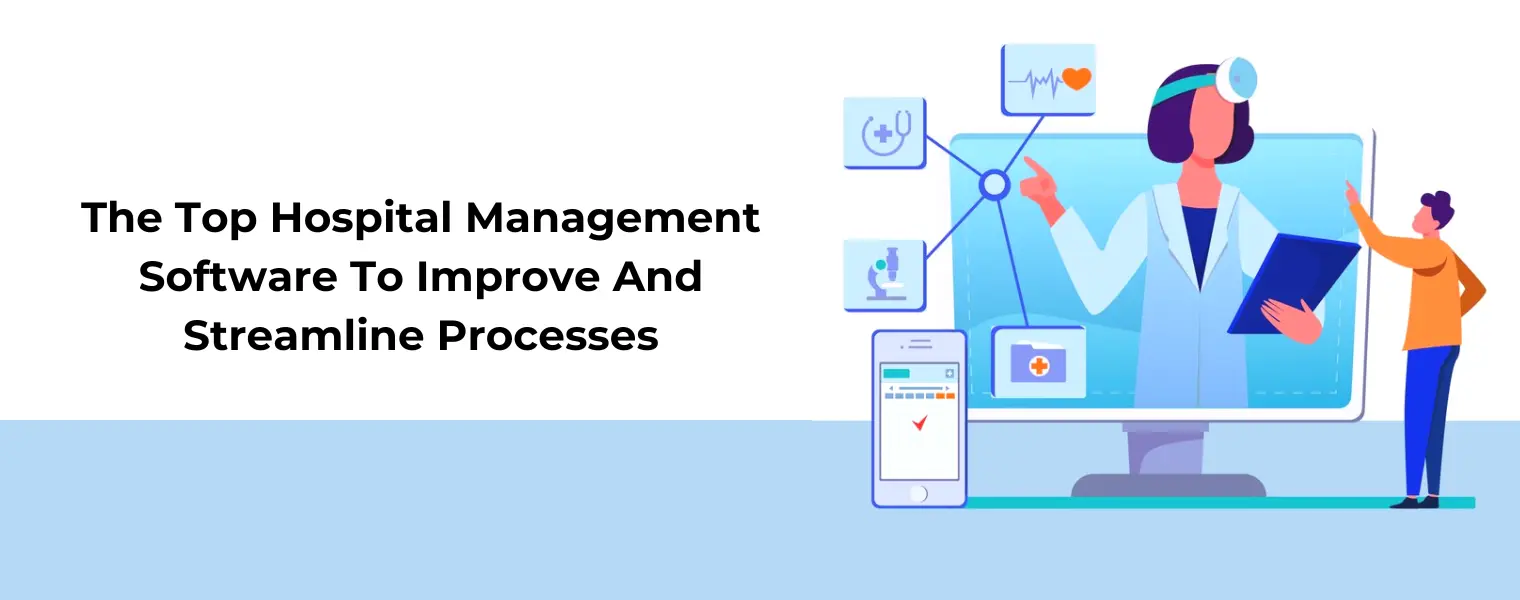
The primary goal of the healthcare industry is to provide effective patient care. As a result, it is critical for healthcare organisations to strive for operational efficiency for doctors and other staff while controlling costs. Keeping up with this is difficult without the assistance of a feature-rich hospital management system that allows you to streamline and optimise both front-end and back-end operations in order to gain total control and make them more productive.
Modern healthcare must deal with more advanced challenges that, if not handled properly, can result in significant losses in productivity, revenue, and even the organization's credibility.
Hospitals and other healthcare facilities must keep patient records and other health-related data such as prescriptions, medical history, insurance documents, clinical findings, and so on. All of this must be stored securely and shared with the appropriate personnel while maintaining confidentiality. Infractions in data security endanger both the health of patients and the organization's integrity.
The pen-and-paper method of gathering and storing confidential information is now obsolete. Modern challenges necessitate the use of advanced technologies to digitise data that is only accessible to authorised users via a multi-layered security structure.
Healthcare professionals typically require access to their patients' most recent medical records in order to diagnose their health conditions and prescribe medications. Even the smallest flaw in the process of updating this information, or simply having partial access to it, would have an impact on the diagnosis, leading to inappropriate medications that are unable to cure the ailment and even endanger patients' lives. Manual methods are always flawed and inefficient for imposing centralised control over data. As a result, they fail to achieve the necessary precision and even endanger the healthcare units.
Healthcare organisations that provide patient care in a single or multiple locations deal with a wide range of invoices. The ability to generate and process them accurately and on time improves the patient experience. However, when a large volume of bills is manually registered and calculated, they are left in unsecured settings, leaving room for misplacement, calculation inaccuracy, late delivery to the wrong people, and other issues.
To avoid discrepancies in patient treatment, every hospital and healthcare institute must procure and stock an adequate number of medicines and clinical instruments. To maintain precise stock levels, they require accurate forecasting. Overestimation of requirements means more money spent on purchases and more unused stock in the warehouse. This eventually adds to the list of expired inventories, resulting in increased costs.
Underestimating the demand for medicine or equipment means running out of supplies when they are most needed. This would have an immediate negative impact on the establishment's ability to provide comprehensive patient care, eroding patients' long-earned trust.
For every healthcare industry the best software is require to maintain the daily process. DoFort provides the Best Hospital Management software which takes cares the entire work process of hospital or clinic. Contact us to know more about hospital management software or to schedule a free demo.
Welcome to DoFort !